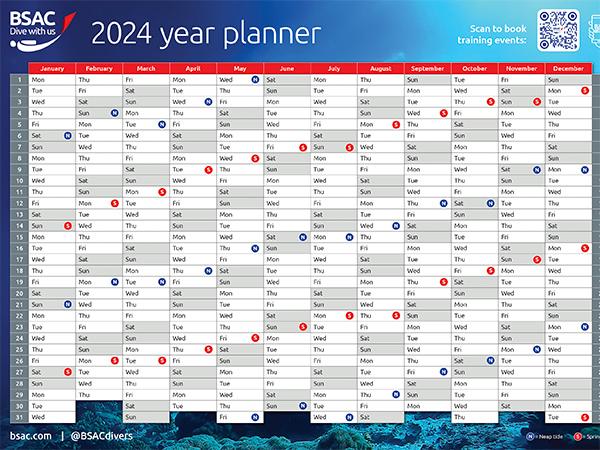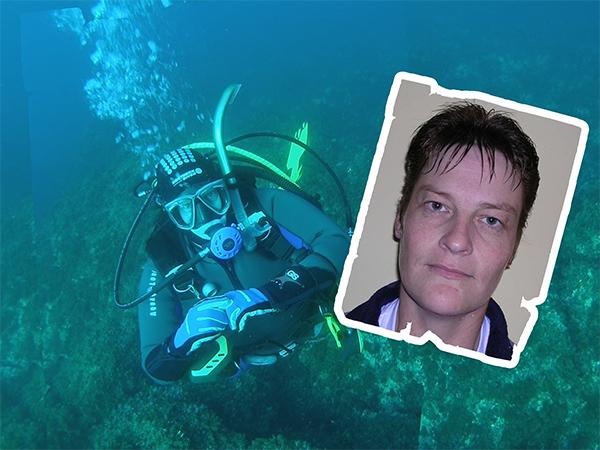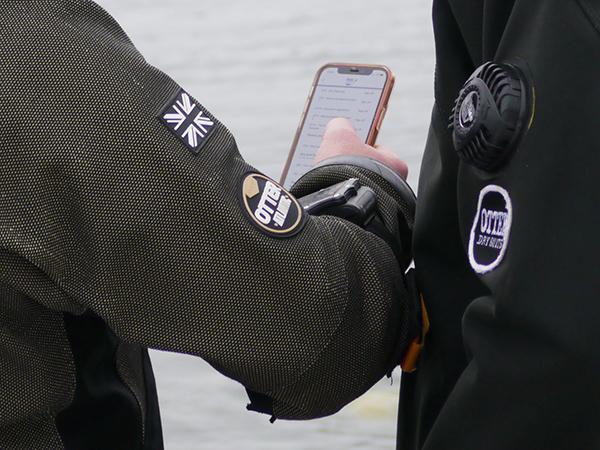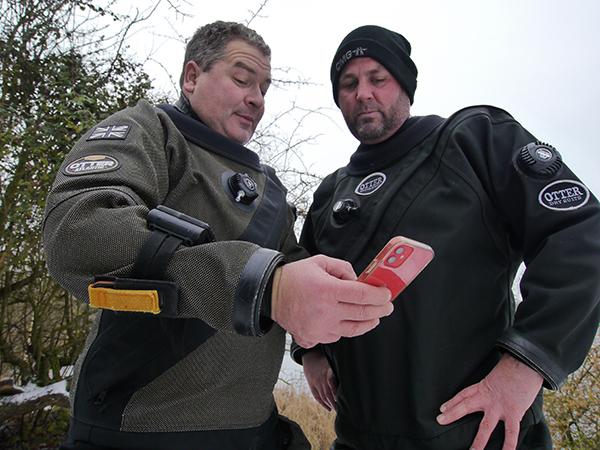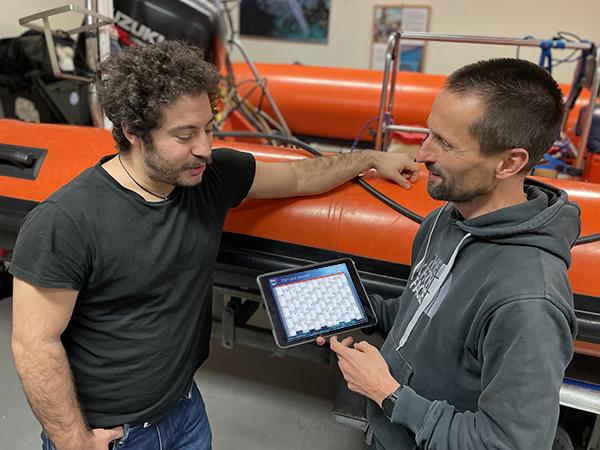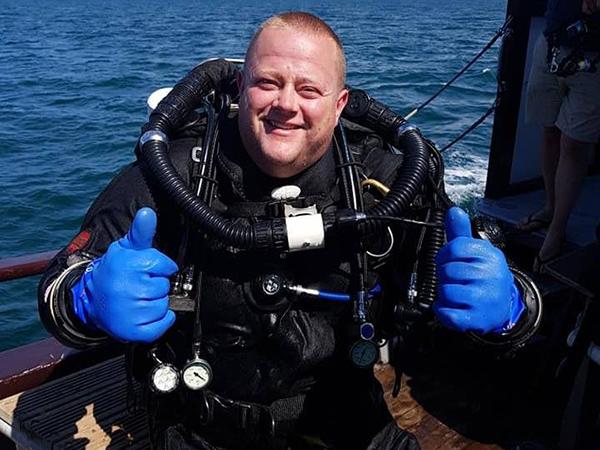The Diving Officer or DO is key to the safe and smooth running of the branch.
They receive their authority from the National Diving Officer (NDO) and are to ensure that all diving and training activities are conducted safely and within the standards of the members' qualifications. They authorise all diving activities and assign Dive Managers to assist in controlling these activities.
Because of this level of responsibility, they should be an experienced diver, they should have a sound practical and theoretical knowledge of diving and must have zest for the task, patience, sympathy and understanding.
Diving Officers should be an Advanced Diver and ideally also an Open Water Instructor.
If the Diving Officer is not an Open Water Instructor, then they should appoint a Lead Instructor to support with training guidance if the branch intends to carry out diver training activities.
Dos and don’ts
- Do encourage diving activities
- Do encourage diver progression
- Do encourage instructor development
- Do promote safe diving
- Do take the responsibility seriously
- Do seek advice if unsure
- Don’t panic about responsibility
- Don’t impose extra rules
- Don’t get personal
In line with BSAC recommendations
Training is delivered to BSAC standards
Delegation
Delegation develops successors
To ensure branch members' safety, the Diving Officer has a lot to cover. This can be eased by delegating some of these responsibilities to other branch members. To assist them, the Diving Officer can appoint a team to support them in their role.
Some roles that can be delegated...
- Training Officer – Schedules training and supports instructors.
- Equipment Officer – Branch diving equipment control and scheduling maintenance.
- Boat Officer – Ensures the seaworthiness of the branch boat/s.
- Expeditions Officer – Coordinates and schedules branch trips.
- Dive Managers – Manages diving activities.

